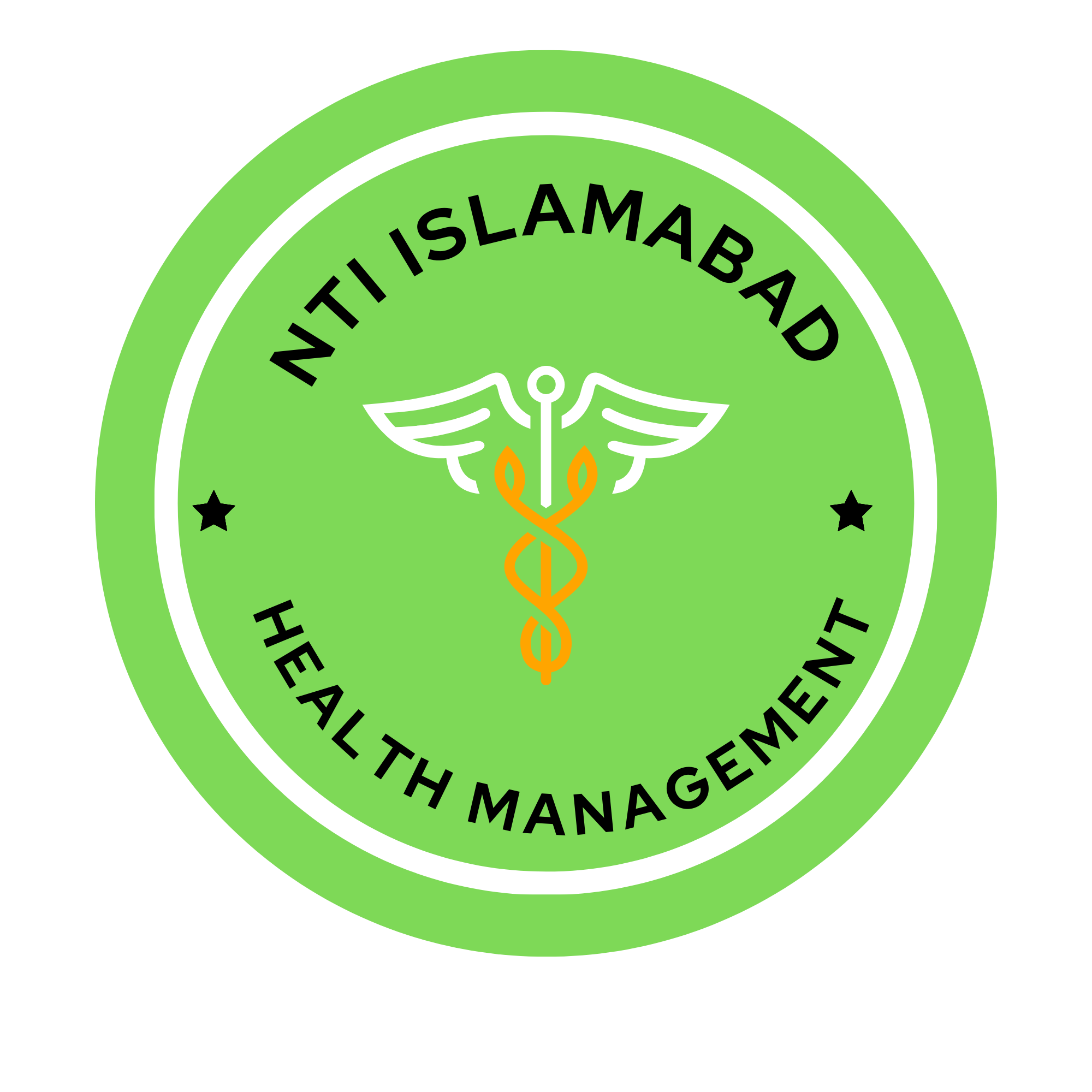Family medicine is a medical specialty that focuses on providing comprehensive care for individuals of all ages. It encompasses preventive, acute, and chronic medical care services that are provided in a variety of settings, including primary care offices, hospitals, and homes. Family medicine physicians are trained to provide comprehensive care for people of all ages and genders, across all organ systems and body parts.
Family Medicine is a branch of medicine that focuses on providing comprehensive care for individuals and families across all stages of life. It includes preventive medicine, diagnosis and treatment of acute and chronic illnesses, and health maintenance. It also involves providing counseling, education, and health promotion to patients and their families.
Pakistan is the 5th most populous country in the global ranking with a population of over 230 million. Despite rapid urbanization, a vast majority of Pakistani population still resides in rural or semi urban areas with health care mostly centered around major cities. This results in inadequate health coverage to a majority of population living in rural and semi urban areas and increases the burden on tertiary h ospitals located in the major cities.
Pakistan has 194,265 Registered Medical Practitioners (RMPs) and 47,834 specialists. (1) Majority of these RMPs work as general practitioners at primary care level without any postgraduate training in general practice, (1) which compromises the quality of primary health care services to the people. The Government of Pakistan in collaboration with the World Health Organization (WHO) and other partners is moving toward the implementation of Family Practice Model to provide quality health services to people close to where they live, strengthen the referral system and lessen the patient burden on the tertiary hospitals. In the first step, general practitioners are trained as Family Physicians in collaboration with WHO-EMRO.
Additionally, the Government of Pakistan has recently launched Universal Health Care Package, with vision to provide 80% of patient care at the community and primary health care level. Islamabad Capital Territory (ICT) has been selected as a model district to implement this package. Family physicians are an integral component of this model.
Prior to the roll out of universal health coverage package, the Health Services Academy is tasked to train the general practitioners from ICT, on family practice approach. In 2021, 24 students were enrolled at the Health Services Academy in one-year (24 credits) Diploma of Family Medicine. The students were a mix of public and private practitioners, primarily based in Islamabad.
In July 2021, the HSA and seven educational institutes of Pakistan signed a “Letter of Understanding (LOU)” with the WHO to support the training of family physicians. The LOU led to the change in name of the diploma of Family Medicine to the “ Regional Diploma of Family Medicine ,” which is endorsed by the WHO and the World Organization of Family Doctors (WONCA). By initiating the Family Medicine, the Health Services Academy strives to improve the standard of care by enhancing the knowledge and skill base of general practitioners so they can provide better patient care, based on core values of family medicine. This includes providing patient centered care by practicing holistically and ethically, that will eventually improve health indicators and quality of life for our population. The family physicians trained by the Health Services Academy will be pioneers in implementing the Universal Health Care Package in the public and private primary health

